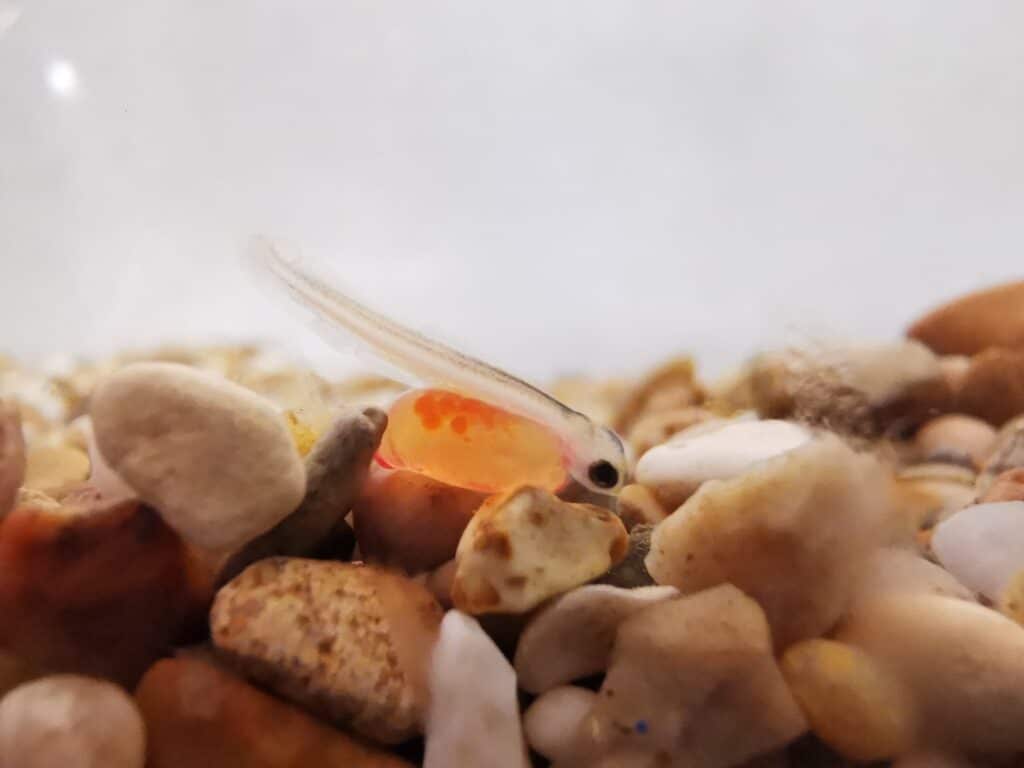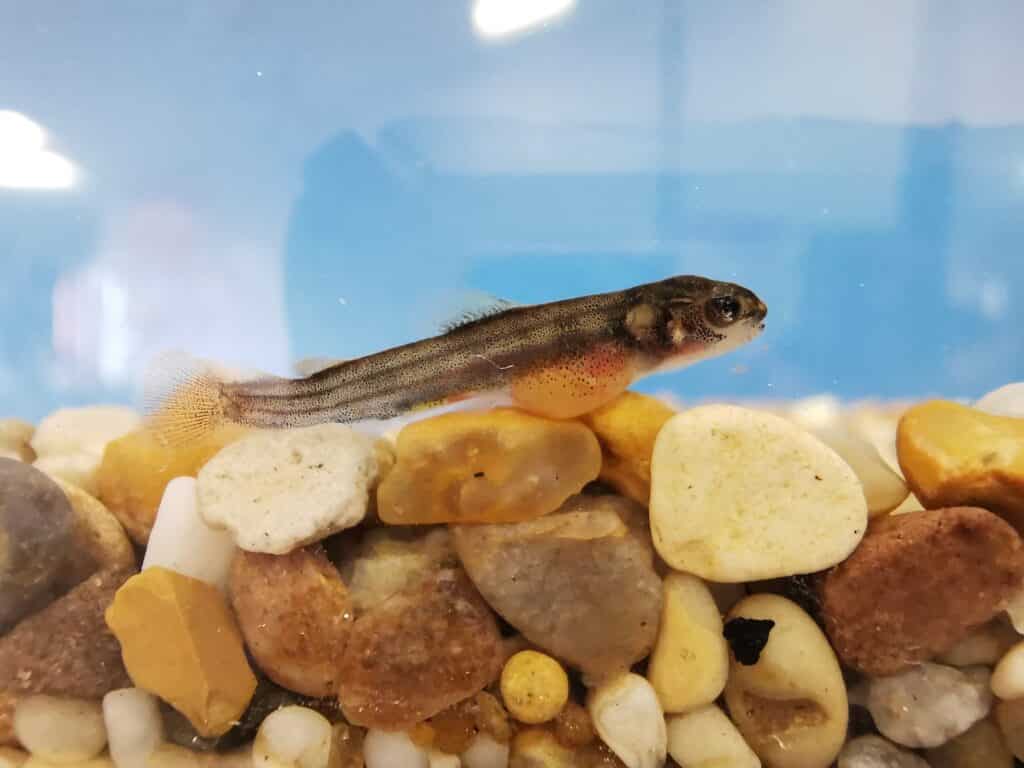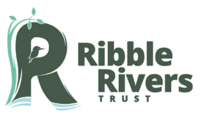Today’s children are tomorrow’s river guardians- that’s why primary education programmes like Trout in the Classroom are so important to us!

Trout in the Classroom
Our Rivers in the Classroom education programme brings freshwater science into schools in Lancashire and across the Ribble Catchment. By encouraging pupils to expand their knowledge of their local rivers, we hope to promote the value of the Ribble’s natural heritage and improve its condition for people and wildlife. Through field- and classroom-based activities (like Trout in the Classroom), pupils learn about the relationships between living things and their environment. They discover how we can help to protect our rivers in the future by making small changes now.
What is Trout in the Classroom?
The Trout in the Classroom project brings the magic of the brown trout to primary schools across the Ribble catchment throughout the spring term of the academic calendar, from January until the Easter holiday. It begins with Ribble Rivers Trust staff setting up trout tanks with all the equipment needed to create a river habitat in the classroom before delivering 100 brown trout eggs.
Pupils are spend their time with nurturing their trout from egg to fry (young fish), observing each stage of the trout’s life cycle as it unfolds before their eyes.

Just before they break up for the Easter holidays, pupils will help RRT staff to take their young trout to their local river, where they will release them to live the rest of their lives in the wild. During this release day, we will also search for other fascinating freshwater creatures living below the water’s surface. Pupils will learn to ID freshwater invertebrate species and learn why they are so important to the future of their trout.
Trout in the Classroom is a fantastic project which enhances the National Curriculum and brings learning to life. All activities link directly to the KS2 National Curriculum. They also help pupils to develop Spiritual, Moral, Social and Cultural (SMSC) values, recognised by Ofsted as important components of an Outstanding school.
Did you know?
The brown trout is a medium to large fish which is widespread in the UK and can be found in freshwater, wetland, coastal and marine habitats. Brown trout spawning happens between September and November, which is when the females lay their eggs on gravelly beds. The eggs are fertilised externally then buries in the gravel until they hatch a few months later, depending on the temperature.
The 2023 programme
We have 13 schools taking part in Trout in the Classroom this year, in Blackburn, Chipping, Barrow, Chatburn, Preston, Goosnargh, Oswaldtwistle, Burnley and Bolton.

At the start of January, each school received 100 brown trout eggs which they were tasked with nurturing to fry (young fish). All the eggs have hatched now and their trout are currently in the alevin stage of their life- they have hatched but do not need feeding as they still have their yolk sac attached, which gives them all the nutrients they need.
At this stage in the wild, the alevins will mainly hide from predators until they get used to their surroundings, absorb all of their yolk sac and then need to venture out to find food. In the classroom, the alevins are staying camouflaged and hidden in the gravel at the bottom of the tank. This makes it all the more exciting for the children when they manage to spot them! So far, the children have really immersed themselves in the trout experience, making sure to log their daily checks and letting our Education Officers know about any exciting developments they have noticed.
One teacher has commented on their Trout in the Classroom experience: “We are loving the project! The interest, wonder and excitement is a joy to behold. What a delight to see a bed of wriggling alevins at the bottom of the tank”.
With the impressive efforts the children are putting into looking after and learning about their trout, this could be our best year yet.

